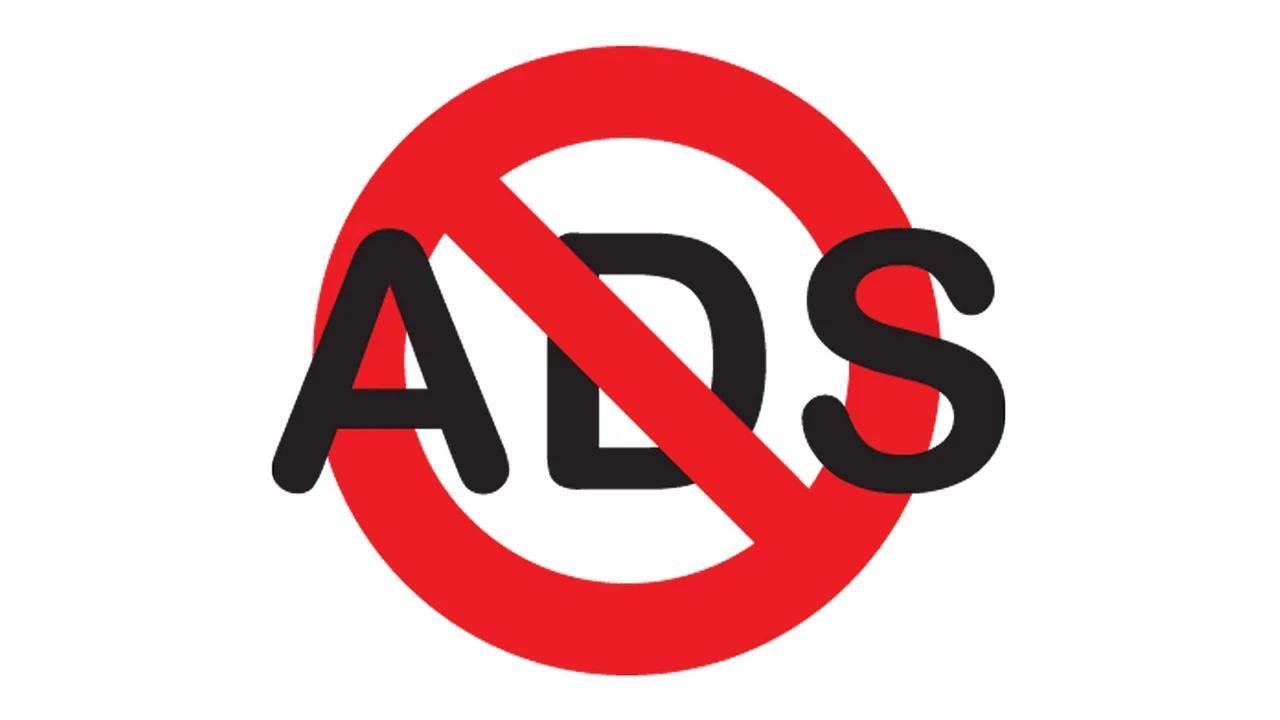- cross-posted to:
- [email protected]
- cross-posted to:
- [email protected]
Odysee, a decentralised YouTube alternative focused on free speech, is officially ending the serving of ads on the platform, starting today. The post:
"Dear friends of Odysee, Starting today, we’re removing all ads. We don’t need ads to make money as a platform and we are confident in the development of our own new monetisation programs that will help creators earn a living and at the same time keep Odysee alive. Ultimately, sacrificing the overall user experience to make a few bucks isn’t worth it to us and nor is it even sustainable for a platform that wishes to make something truly open and creatively free.
As we take this decision, one thing is certain to us, media platforms (even ones that market themselves as ‘free-speech’) typically devolve into advertising companies and end up becoming beholden to their paymasters. It’s been that way for centuries and is never going to change.
As we see YouTube become more aggressive with their ad deployment and ‘Free Speech’ platforms try to build their own ad businesses it’s apparent to us that we’re building a model for Odysee that will keep it sustainable not only financially, but in its ability to provide an incorruptible user experience.
Our approach may be considered niche or unconventional, that’s fine by us. Odysee will be used by the world on terms that are agreeable to its users, and we know our users don’t like ads.
Best, Founder & Creator, Chief Executive Officer. Julian Chandra"



It definitely is, but it doesn’t try to force recommendations on you like YouTube. You can mostly just subscribe to channels you like and view their content.
It doesn’t force recommendations on you, and channels you don’t like can be muted or blocked. I’ve only blocked a handful of channels (Most of them were synced from YT too). Than there are sections: if you only want to see content you like to see, use the respective sections. If you want to see technology content, you aren’t going to click on the spirituality section.
Furthermore, recommendations aren’t actually a free feature (yet), as it’s still in early access and comes with Premium. 99.99% of the people who are upset about the “recommended content” being stuff they strongly dislike aren’t actually even being recommended anything to begin with. The videos that appear on the side are “Related” videos. Their system for determining related videos isn’t extremely comprehensive yet, so some other random content can slip through the cracks. For example, I was listening to a no-copyright music track called Icelanding Arpeggios, and I was shown a “Related” video along the side; a video synced from YouTube, which was of a man’s voice reading aloud Psalm 4 of the Old Testament with Icelanding Arpeggios playing in the background. The reason it was classified as “Related” wasn’t because some system was able to listen to the music in the video, but because the exact words “Icelanding Arpeggios” appeared in the description of said video about that Psalm. Here’s an example of “Related” suggestions. In this case they are working well and as intended, showing more video’s related to Solid-State batteries.
So the current unfortunate reality is that a video about, for example, how gravity works, occasionally may suggest “Related” content on the side about gravity not being real, that the earth is flat, and that the sun is 3,000 miles in the sky. Because, you know, it’s about the sun and gravity. The video’s are technically related in some way, but most people who are learning about the universe don’t want to see that, because it has no real scientific basis, is not widely accepted, and gravity and the ball earth has already been proven to be true.
After all, Odysee is still being developed, and their system’s for suggested “Related” content is still not fully matured.